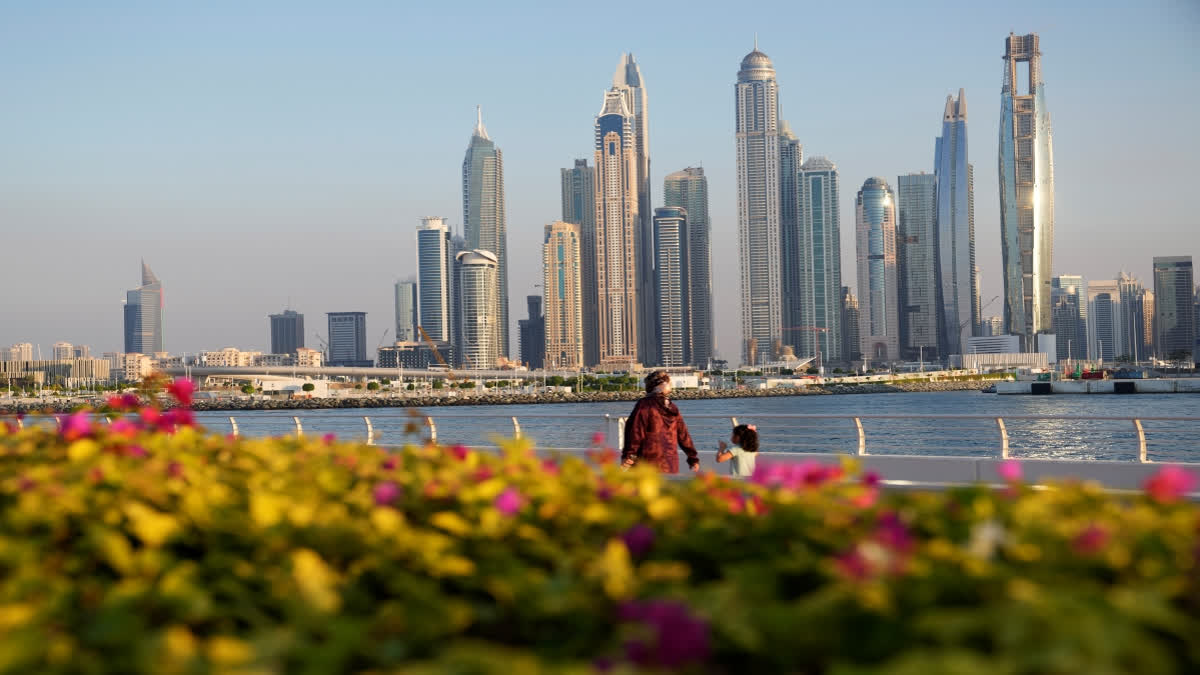Dubai: Negotiators at a critical United Nations climate conference prepared Wednesday to wrap up their first week of work with moderate progress on some issues, with little time to make a bit more headway before government ministers return for a final week that will shape the planet's path forward in the face of crisis.
Wednesday's sessions focused on transport, the second-leading sector for the carbon dioxide emissions warming the planet, with panels like building out EV charging infrastructure and decarbonizing urban freight transportation.
Despite the rapid growth of electric vehicles in some countries, oil still accounts for nearly 91% of the energy used in the transport sector, according to the International Energy Agency. And it's a sector that includes hard-to-decarbonize industries like aviation and shipping, where cutting emissions will require big ramp-ups in the production of sustainable aviation fuel, for aeroplanes, and alternative fuels like hydrogen for ships.
The climate talks notched some measured wins in the first week when nations finalized the creation of a "loss and damage" fund to compensate countries hit by climate disasters. 50 oil companies pledged to reach near-zero methane emissions by 2030, a commitment from the industry to slash greenhouse gases, but "short of what is required," according to U.N. Secretary-General Antonio Guterres.
Yet environmentalists are intensely focused on obtaining commitments for the world to phase out the use of coal, oil and natural gas. Climate negotiators are zeroing in on exactly how to deal with the fossil fuels that are overheating the planet.
On Tuesday, negotiators produced a new draft of what's expected to be the core document of the U.N. talks, something called the Global Stocktake, but it had so many possibilities in its 24 pages that it didn't give too much of a hint of what will be agreed upon when the session ends next week. Whatever is adopted has to be agreed on by consensus so it has to be near unanimous.
"It's pretty comprehensive," COP28 CEO Adnan Amin told The Associated Press Tuesday. "I think it provides a very good basis for moving forward. And what we're particularly pleased about it is that it's this early in the process."
That will give time for a lot of give-and-take, Amin said, particularly over the area of the future of fossil fuels, "where there's going to be a very intensive engagement process."
